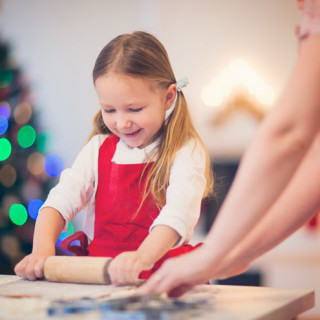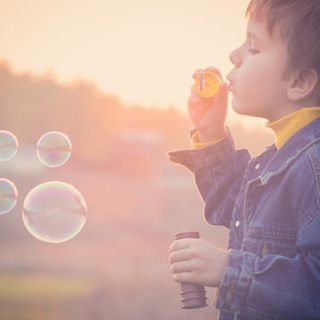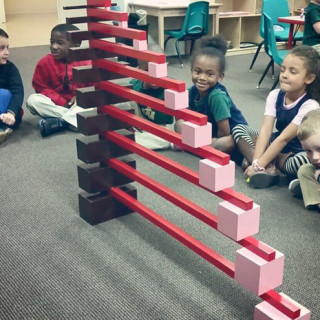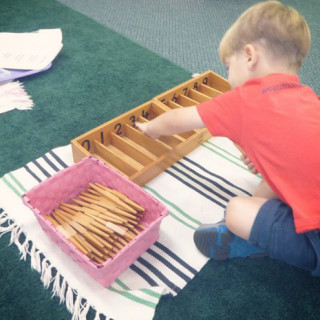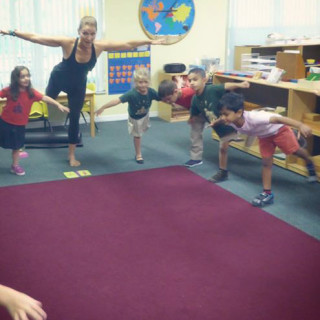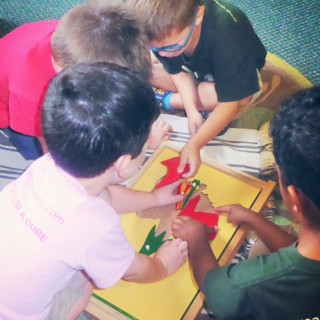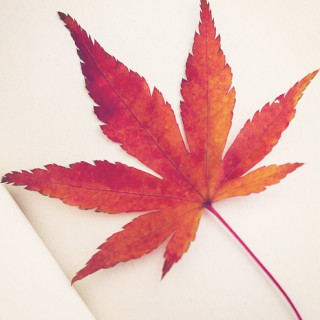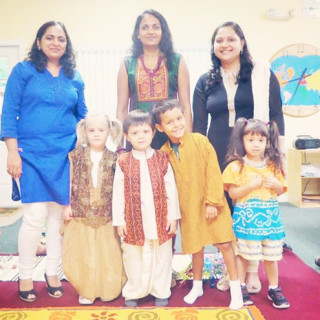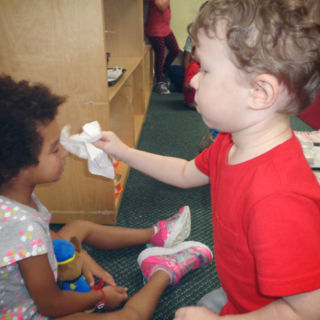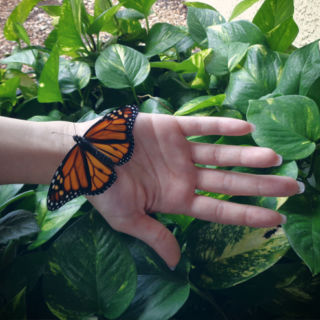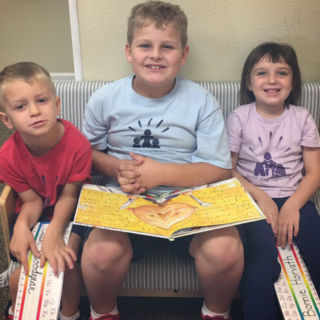Bridging the gap between home and school benefits your child, your family, and the school community. The many parent opportunities at BMS, RMS and SMS allow you to be part of the school, meet your child’s classmates and to stay informed. The recent Parent Teach-In was extremely rewarding for the children bringing new experiences to…
How Do We Give the Child Respect and Dignity?
Published by Parent Coach on May 19, 2014 (http://ageofmontessori.org/respect-dignity/) Maria Montessori had a unique and very special way of understanding the role of a teacher in a child’s life. She diverged from the popular opinion of her day that children should be obedient and learn from the expert adult. Instead, she upheld the belief that…
Math Lessons in our Montessori Classroom
Math begins not with writing numbers, but with hands-on sensorial experiences that build foundational math concepts. Activities such as the number rods, spindle boxes and short bead stair exercise counting, sorting, classifying, ordering, weighing and measuring. After these practical lessons, then quantities and symbols for numbers are represented on paper and practiced in many forms,…
Children’s Work
Do you know what is the most valuable work your child completes in the classroom? It is not their number or alphabet pages, or even writing their name. It is the exploration of their environment: their self-paced internal drive where they thoughtfully choose and also complete their own work. The complete process includes rolling out…
Movement Matters
Child development experts agree that children must have opportunities to move. It is key to their physical growth. However, Dr. Maria Montessori connected the child’s mind and body to fully support the whole child’s healthy development. Our Montessori classrooms particularly incorporate movement into the classroom through independent practice and also group activities, to enhance and…
Problem Solving
Maria Montessori is called a visionary for her method of education. While her philosophy was based upon observations of children a century ago, her approach is as applicable now more than ever before. Central to the rich learning environment is the collaborative community of multi-age learners exploring and experimenting together. They share ideas and knowledge…
Science in the Montessori Classroom
Our children are naturally curious about the world around them. They love studying astronomy, nature, ecology, physics, and chemistry. Our classrooms and playgrounds are full of hands on materials to let the children explore and ponder. The outdoor classroom contains pumpkin washing, leaf rubbing, and even an insect collection with a magnifying glass. Activities like…
Cultivating Gratitude
Showing gratitude is an important part of who we are as humans. It strengthens our relationships and our connection to our community, and studies show that expressing appreciation makes us happier and more compassionate people. For young children, naturally ruled by their ego, we must encourage an awareness that goes beyond the self. Dr. Maria…
Cultural Studies
Maria Montessori called the cultural studies a “window to the world” for good reason. Through rich and stimulating cultural studies, the children have opportunities to experience beyond our classroom and to realize many aspects of the wonderful world around them. These lessons cover a variety of subjects all intertwined; geography, zoology, botany, history, art and…
Lessons of Grace and Courtesy
Teaching peace and compassion are called the Lessons of Grace and Courtesy. Learning how to work and play together with others, in a peaceful and caring community, is the most critical life skill that we teach in our classrooms. Children practice greeting others, respecting others’ work, assisting friends in need, and solving problems together. Teachers…
